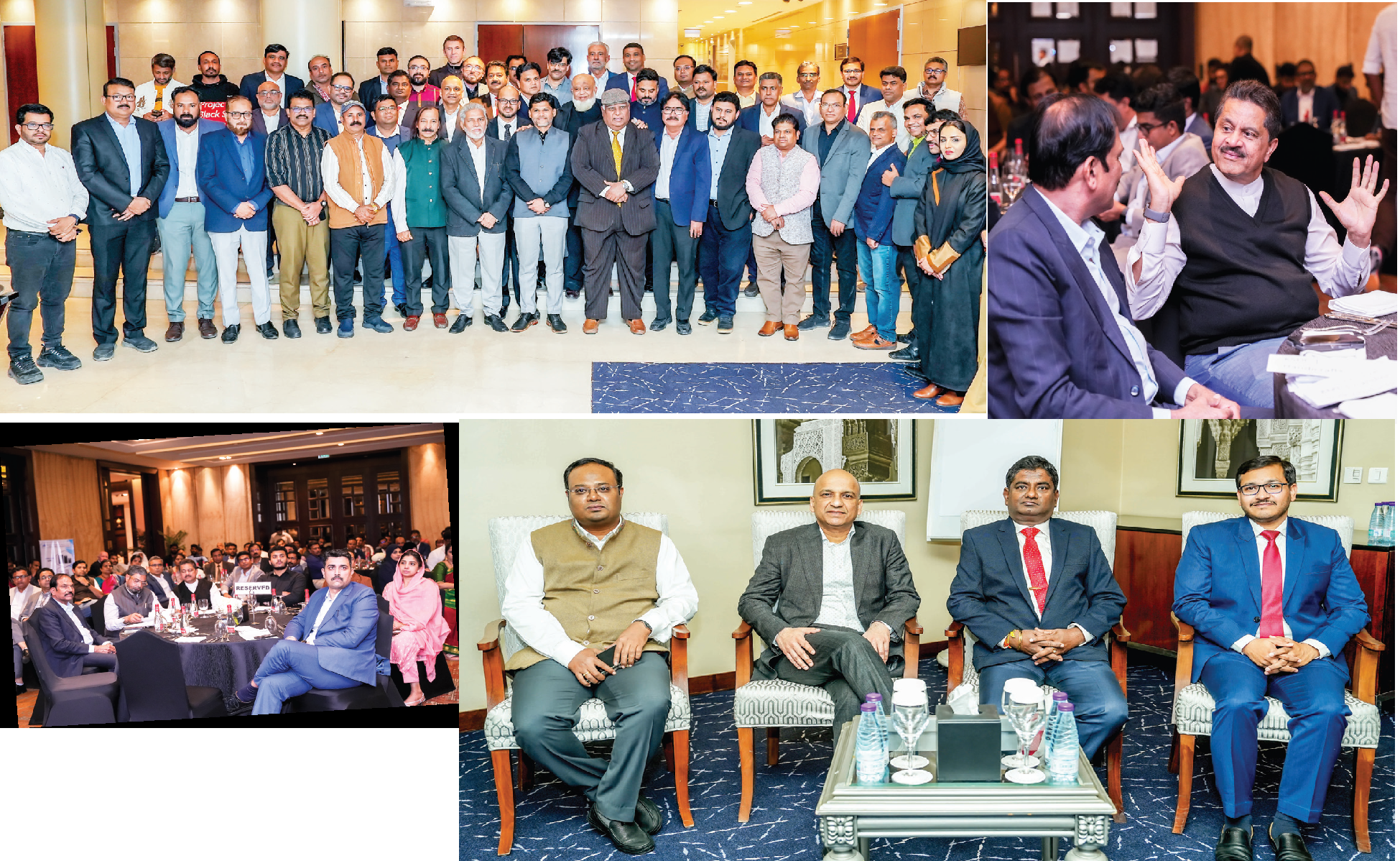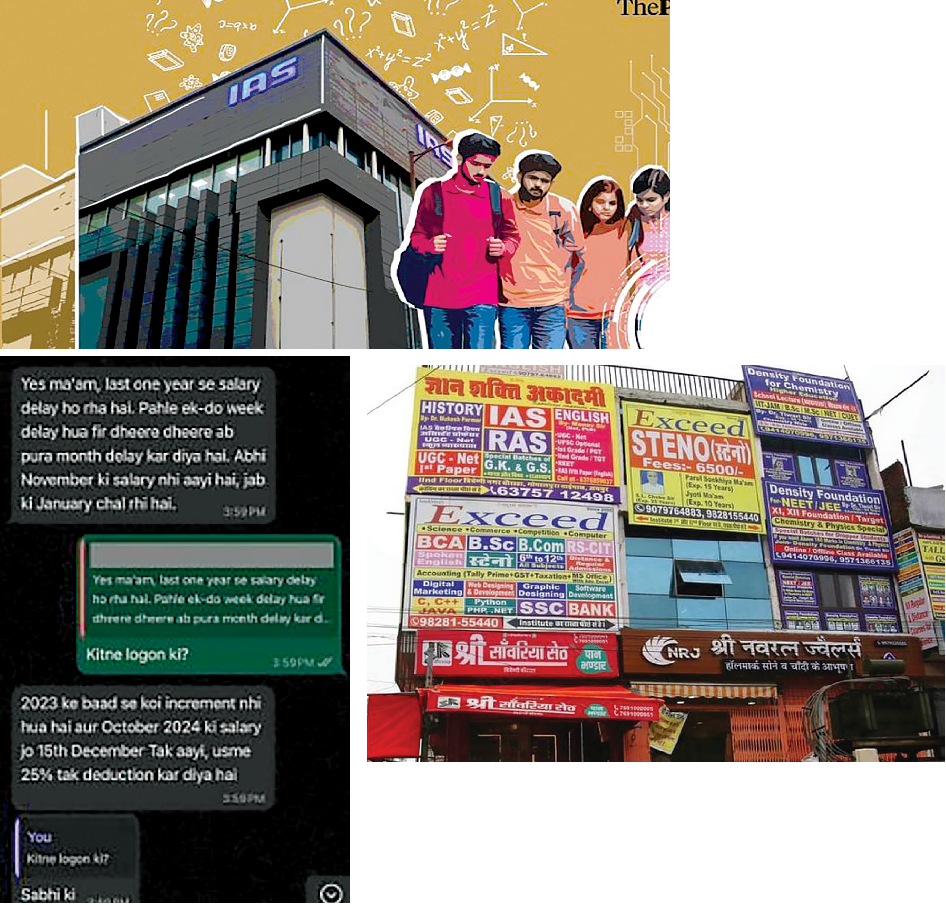
Dengue rising, act before it's too late
Rana Siddiqui Zaman | NT
Bengaluru: Dengue cases are on the rise all over India, and Bengaluru is no exception.
According to recent reports there were 31,464 dengue cases in India and 36 related deaths reported between January and July 31, 2023. In Karnataka alone 7,000 cases of dengue have been reported, out of which over 4,000 cases were in Bengaluru alone.
This was highlighted by the Karnataka Chief Minister Siddaramaiah on his facebook page early this week. The CM also said he had alerted all the officials to take necessary precautions.
Additionally, the Karnataka Minister Dinesh Gundu Rao also launched a disease surveillance dashboard and a mobile application for effective monitoring and curbing of dengue.
The recent reports claim that each year, an estimated 400 million people are infected with dengue virus through the bites of infected mosquitoes. About 100 million get sick.
Notably, however, Dengue spread had fallen during the pandemic. According to the National Center for Vector Borne Diseases Control, there was a 333% surge from 2020 to 2021 and a 21% rise in the number of cases between 2021 and 2022.
However the question is, why does the country fall into a dengue trap almost every year, and why is Bengaluru being a cleaner city as compared to many like Uttar Pradesh and Bihar, cases are only rising?
According to Dr. K Javeed Nayeem, MD Consultant Physician, Apollo BGS Hospital, Mysore, in Bengaluru dengue was “never a regular occurrence until sometime back.”
Of late the cases have been rising because the urbans have forgotten to take care of simplest of the cleanliness measures, that is, never letting stagnated water stay around the surroundings of their homes.
Interestingly he notes that people living in rather financially-feeble areas largely prevent the proliferation of mosquitoes better. They use mosquito fuels, nets, sprays and make way for stagnated water to flow and not accumulate in cans or buckets in their houses.
Dr. Nayeem rues that in Bangalore, the cases are rising because of the rise in places where mosquitoes can breed, for instance, uncleared pools, collection of stagnated waters in pots and small water bodies in and around our homes.
Rejecting a belief that greener areas also breed mosquitoes. Dr. Nayeem says, it’s a myth that greener areas have a lot of mosquitoes, in no green area there can be mosquitoes if there is no stagnated water for them to breed nearby.
“All mosquitoes need water to grow. The only difference is some mosquitoes need clean water and some mosquitoes need stagnated, filthy water to breed. The mosquitoes for malaria (Anopheles) for instance, need clean water to breed while the mosquitoes that cause dengue (Aedes aegypti) need unclean water to breed.
“There is no specific treatment for dengue, all the treatments just play a “supportive role” unlike malaria which can be treated by anti-malaria doses, he notes.
Dengue, he worries, can be immensely challenging as it can lead to high morbidity and mortality.
“People who don’t take simple cautions don’t realise how stressful it can get when a patient suffering from severe dengue starts bleeding from several body parts,” he rues.
He also nearly rejects the belief that Indian grandmas’ domestic treatments like papaya leaf juice can help increase platelets counts for patients suffering from Dengue.
“Instead, burning neem leaves regularly around the house, which would repel mosquitoes, would be better.”
Repeatedly, the World Health Organisation (WHO) notes factors contributing to this increase and promotes. It includes high mosquito population levels, susceptibility to circulating serotypes, favourable air temperatures, precipitation and humidity.
These factors impact the reproduction and feeding patterns of mosquito populations, as well as the dengue virus incubation period. Lack of proactive control interventions and staff are some of the other challenges, it says. Notably, WHO warns that about half of the world's population is now at risk of dengue with an estimated 100–400 million infections occurring each year.
Though this viral infection is caused by the dengue virus (DENV) that is transmitted to humans through the bite of infected mosquitoes, many DENV infections are asymptomatic.
They cause mild illness but DENV can occasionally cause more severe cases, and even death, health reports suggest. With dengue becoming a major health concern in India, Indian Immunologicals had targeted dengue vaccine launch by January 2026, Reuters had reported in late August.
Vaccine manufacturer Indian Immunologicals Limited (IIL), the report said, expected to commercially lau
 English daily published in Bengaluru & Doha
English daily published in Bengaluru & Doha






